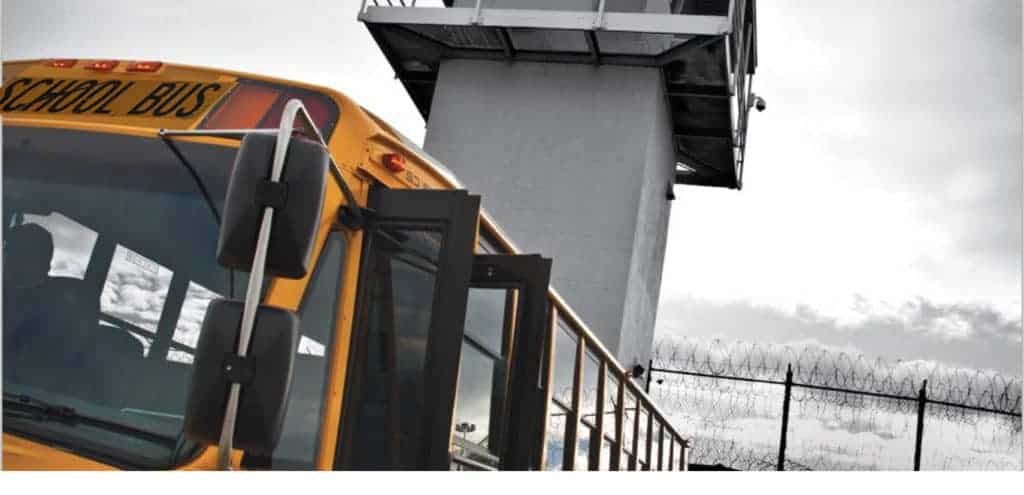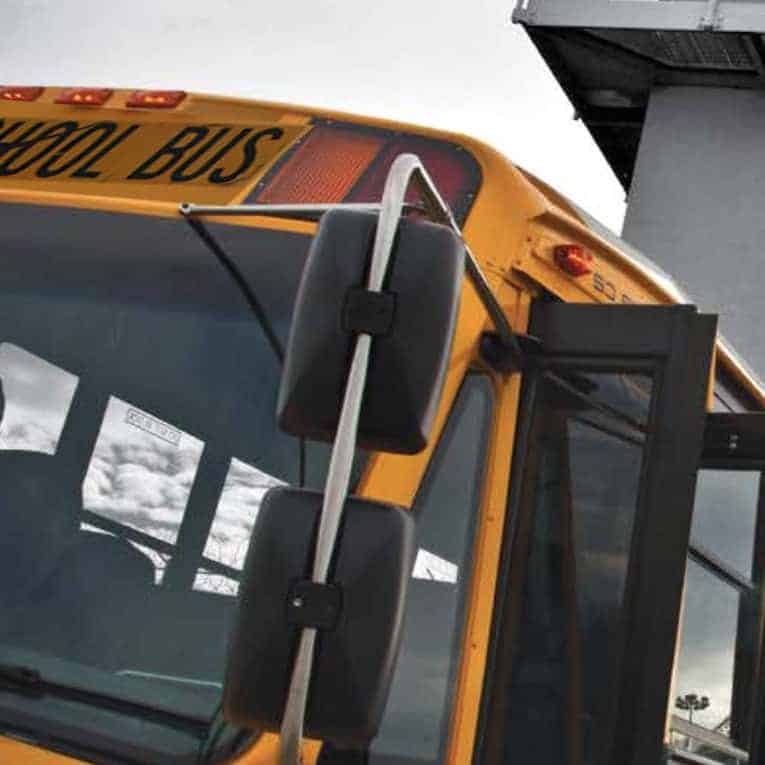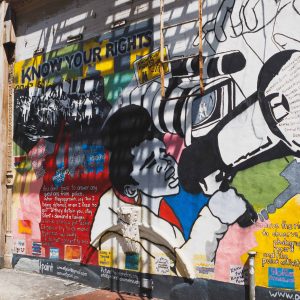
Redirecting the School-to-Prison Pipeline
04/17/2017

Empowering Educators to Expand Opportunity
Leading Educators has a simple, yet clear vision: equitable schools for every student. In an educational environment where economically-disadvantaged students and students of color trail their white and higher-income peers by two or three grade levels, Leading Educators partners with schools to strengthen classroom experiences through a national network of teacher leaders.
For students to rise to great heights, they need the opportunity. Our programs give teachers the tools to explore their own identity and expectations, ensure consistently strong learning, and close the opportunity gap. But they are working against a powerful social gravity: the school-to-prison pipeline.
Opportunity Under Threat in Missouri
Leading Educators has supported educators in Missouri since 2011. In that time, we have served 161 teacher leaders in the Greater Kansas City area who, in turn, have impacted over 37,000 students, increasing academic outcomes for diverse students and giving them a better chance for the future of their choosing. But, for the nearly one million K-12 children in Missouri schools, new legislation may make that objective more challenging.

A change in Missouri law went into effect at the start of 2017 and will now allow any schoolyard fight (including written and verbal threats) to be prosecuted as a Class E felony, resulting in up to four years in prison. An extension of the War on Drugs, zero-tolerance policies like the new Missouri law emerged in the early 1990s, assigning harsh punishment (usually suspension or expulsion) for a variety of infractions, regardless of circumstance or previous history.
While intended to make schools safer, critics decry such policies, citing that they fail to decrease violence and ultimately do more harm than good. They reinforce the phenomenon civil-rights advocates call the “school-to-prison pipeline.” Data indicate that Black children receive disproportionate discipline for similar infractions, owing largely to implicit bias. As early as preschool, Black boys are perceived as “behavior problems,” which results in their being monitored for infractions more closely, monitored more frequently, and reprimanded more severely. Black children are removed from class nearly four times as often as their white counterparts, increasing the likelihood that they will drop out of school entirely.
What Educators Can Do to disrupt the school-to-prison pipeline
Leading Educators believes that all children have the potential to be successful in school, and we know that children learn every day about how teachers, schools, and society see and value them – often from the lessons we don’t realize we are teaching. We also believe that all teachers have the potential to be great teachers, that they want to be great teachers, and that they need the resources, tools, and support to make them successful. We believe that engaging teacher leaders in discussions of identity, cultural proficiency, and bias are as critical to student success as deep content knowledge.
We can’t undo the legislation in Missouri or other states like it, but the 814 teacher leaders currently in our Fellowship nationwide are focused on leading their peers in the charge of building equitable schools. As a result, the nearly 200,000 students who are impacted by their work are better prepared to change the school-to-prison pipeline into a pathway to college and career readiness.






